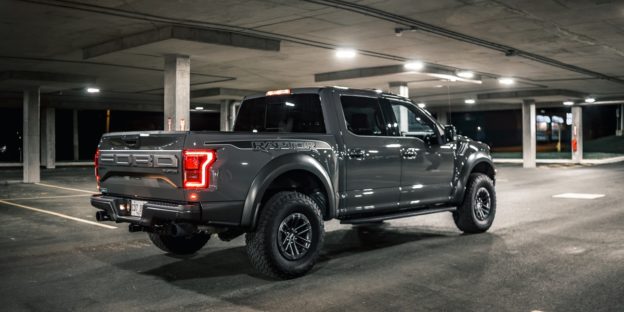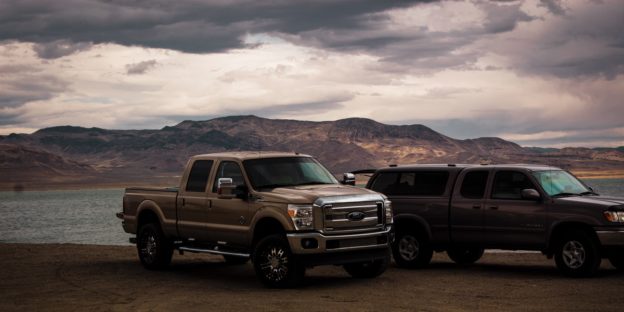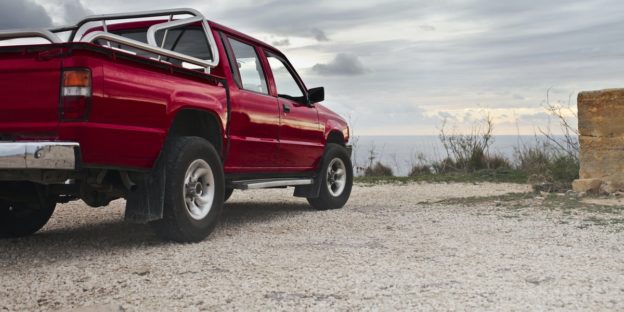There are a number of “book values” out there to help car owners get an accurate price on their vehicle. They were given the name of “book values” because back in the day, car values were printed on paper. Today, they’re available online. In this post, we’re going to cover Black Book values, but don’t forget that there are also red and blue ones just like Kelley Blue Book.
What is the Black Book?
The Black Book is a valuation website that provides car values and other information for dealers. It’s used to determine trade-in values, look at wholesale prices for auctions and decide on prices for used vehicles. Everyday consumers aren’t usually able to get Black Book prices, though there are similar resources online such as Edmunds.
The difference between the Black Book and Blue Book is that the Black Book is designed for dealerships and the Blue Book is designed for consumers. For example, a consumer would use Kelley’s Blue Book to determine their trade-in value, while a dealership would use the Black Book to establish the value of a trade-in.
Both the Blue Book and the Black Book evaluate millions of data points from dealerships and auctions to determine pricing.
How Accurate is the Black Book?
Generally speaking, the valuations are more specific in the Black Book. It’s updated more often and it collects data from wholesale auctions both in person and online. These numbers are then compared to the dealer advertised prices. Subscriptions are required to access Black Book access, though the public does have access to the price search features through third party sites.
Do I Need to Know Black Book Values to Find the Best Prices?
When shopping for used cars, you do not need to know any Black Book values. However, we do recommend knowing Blue Book numbers. These values are meant for consumers who are shopping for used vehicles. They can determine how much they should be paying for the vehicles they’re interested in, as well as what their trade-in is worth.
Overall, the Blue Book is a trusted resource for consumers. It pulls information from a wide variety of sources, including weekly auto auctions and car selling sites. An algorithm then sorts through this information to make sense of it. The prices are posted and then shared with consumers.
However, Kelley Blue Book is still just a guide – not an end-all-be-all. Many people think Kelley Blue Book sets its prices but it actually tracks prices. And sometimes, the information is outdated because it takes time to collect, organize and report. As long as you’re aware of this, you can use the Blue Book to your advantage.
RepoFinder Has the Best Prices on Repo Cars
RepoFinder has a huge selection of used vehicles. These vehicles are mostly owned by banks and credit unions because their previous owner defaulted on their payments. With so many repo cars to choose from, you can find the perfect vehicle at an affordable price. Shop with us today and find a vehicle that meets your needs and budget.











